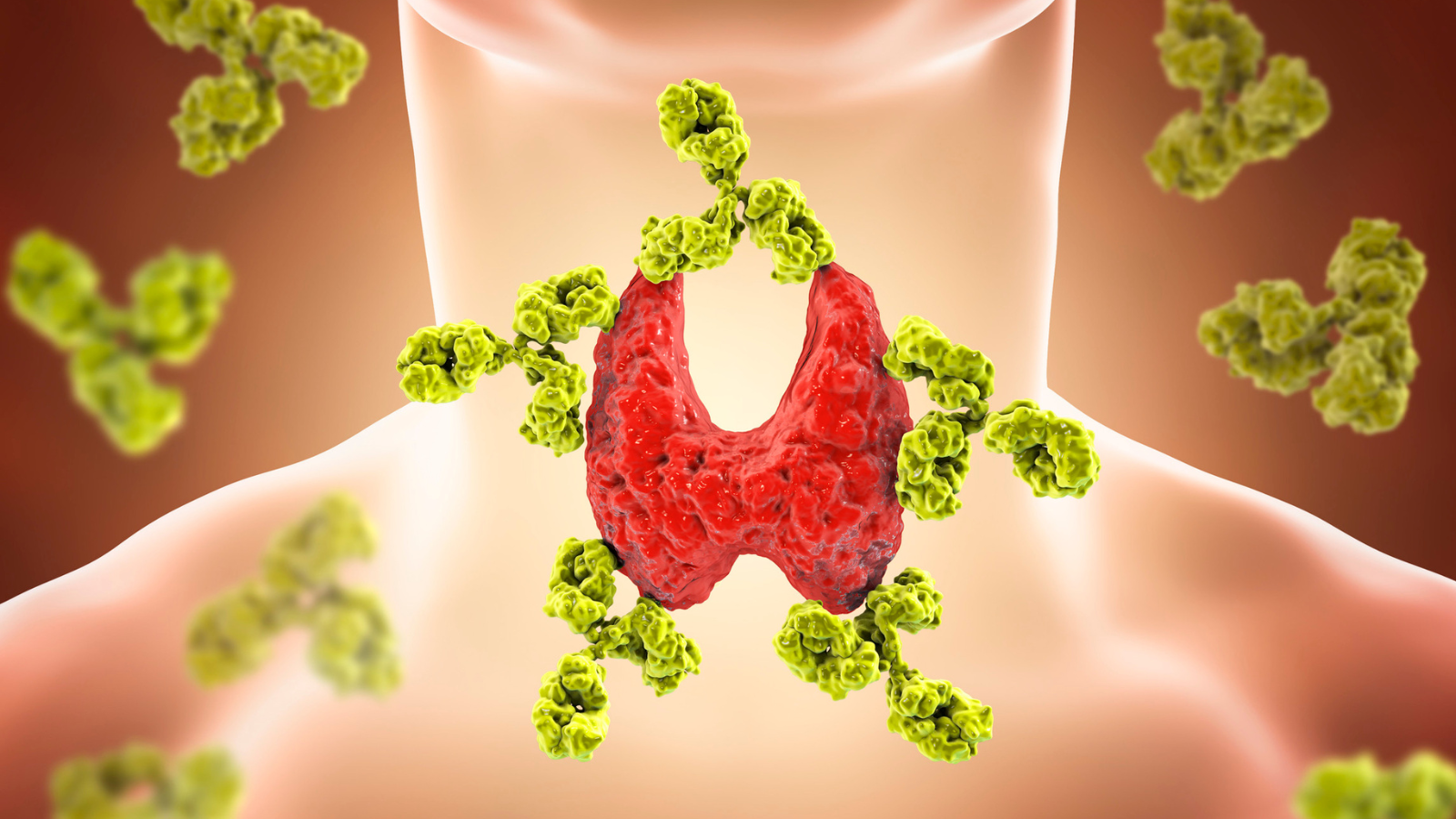The thyroid gland is a vital component of your endocrine system, influencing numerous bodily functions through hormone production. This small, butterfly-shaped gland, located in the front of your neck, regulates metabolism, energy levels, and overall health. When the thyroid malfunctions, it can lead to various health issues, impacting your quality of life. At My Blanket Health, we understand the importance of maintaining optimal health and addressing any concerns related to thyroid dysfunction. Recognizing the different types of thyroid dysfunction is crucial for effective diagnosis and treatment. This guide explores the various thyroid disorders and their implications for your well-being.
Hyperthyroidism: Overactive Thyroid
Hyperthyroidism is a condition where the thyroid gland produces excessive amounts of thyroid hormones. This overproduction speeds up the body's metabolism and can cause a range of symptoms, including rapid heartbeat, unintended weight loss, excessive sweating, and irritability. At My Blanket Health, we emphasize the importance of understanding the causes of hyperthyroidism, such as Graves' disease an autoimmune disorder where the immune system mistakenly targets the thyroid or toxic nodular goiter, where thyroid nodules produce excess hormones. Treatment typically involves medications, radioactive iodine therapy, or surgery to regulate hormone levels and alleviate symptoms.
Hypothyroidism: Underactive Thyroid
Hypothyroidism occurs when the thyroid gland does not produce enough thyroid hormones, leading to a slowed metabolism. This condition can result in symptoms such as fatigue, weight gain, cold intolerance, and constipation. Hashimoto’s thyroiditis is a common cause of hypothyroidism, an autoimmune disorder where the immune system attacks the thyroid gland. At My Blanket Health, we recognize the importance of managing hypothyroidism with appropriate treatments, including hormone replacement therapy with synthetic thyroid hormones like levothyroxine. Proper management helps restore hormone levels and improve quality of life.
Thyroid Nodules: Lumps in the Thyroid
Thyroid nodules are lumps that can form within the thyroid gland. While most nodules are benign and do not cause symptoms, some can lead to hyperthyroidism if they produce excess hormones. In rare cases, thyroid nodules may be cancerous. At My Blanket Health, we understand the significance of early detection and diagnosis. Evaluation typically involves physical examinations, imaging tests such as ultrasound, and sometimes biopsies to determine the nature of the nodules. Appropriate treatment may involve monitoring or surgical removal, depending on the findings.
Thyroiditis: Inflammation of the Thyroid
Thyroiditis refers to inflammation of the thyroid gland, which can interfere with hormone production. There are several types of thyroiditis, including subacute thyroiditis, often following a viral infection, and autoimmune thyroiditis, where the immune system attacks the thyroid tissue. Symptoms can include neck pain, fever, and fluctuating hormone levels. At My Blanket Health, we emphasize personalized care for thyroiditis, which may involve anti-inflammatory medications, hormone therapy, or other interventions to manage inflammation and restore normal function.
Goiter: Enlarged Thyroid
A goiter is an abnormal enlargement of the thyroid gland that can occur with either hyperthyroidism or hypothyroidism. Goiters may develop due to iodine deficiency, autoimmune disorders, or thyroid nodules. They can cause noticeable swelling in the neck and may lead to difficulty swallowing or breathing. At My Blanket Health, we focus on addressing the underlying thyroid disorder to manage goiter effectively. Treatment options may include medication, iodine supplements, or surgery if necessary to address the enlargement and its associated symptoms.
Conclusion
Understanding the various types of thyroid dysfunction is essential for managing these conditions effectively. Each type hyperthyroidism, hypothyroidism, thyroid nodules, thyroiditis, and goiter has unique causes, symptoms, and treatments. Identifying and treating thyroid dysfunction promptly can help maintain overall health and prevent complications. If you suspect you have thyroid issues, consulting with a healthcare provider is crucial for accurate diagnosis and appropriate care.For those seeking improved well-being, My Blanket Health offers premium weighted blankets designed to enhance sleep quality and reduce anxiety. Explore our high-quality products for better comfort and relaxation.
FAQs
What are the primary symptoms of hyperthyroidism?
Symptoms of hyperthyroidism include rapid heartbeat, unintended weight loss, excessive sweating, and irritability.
How is hypothyroidism typically treated?
Hypothyroidism is commonly treated with synthetic thyroid hormone replacement therapy, such as levothyroxine, to normalize hormone levels.
Can thyroid nodules be cancerous?
While most thyroid nodules are benign, a small percentage can be cancerous. A biopsy may be needed to determine if a nodule is malignant.
What causes a goiter to develop?
Goiters can develop due to iodine deficiency, autoimmune diseases, or thyroid nodules, leading to an enlarged thyroid gland.
How does thyroiditis differ from other types of thyroid dysfunction?
Thyroiditis involves inflammation of the thyroid gland, which can affect hormone production and cause symptoms like neck pain and fever, distinguishing it from other thyroid disorders.



